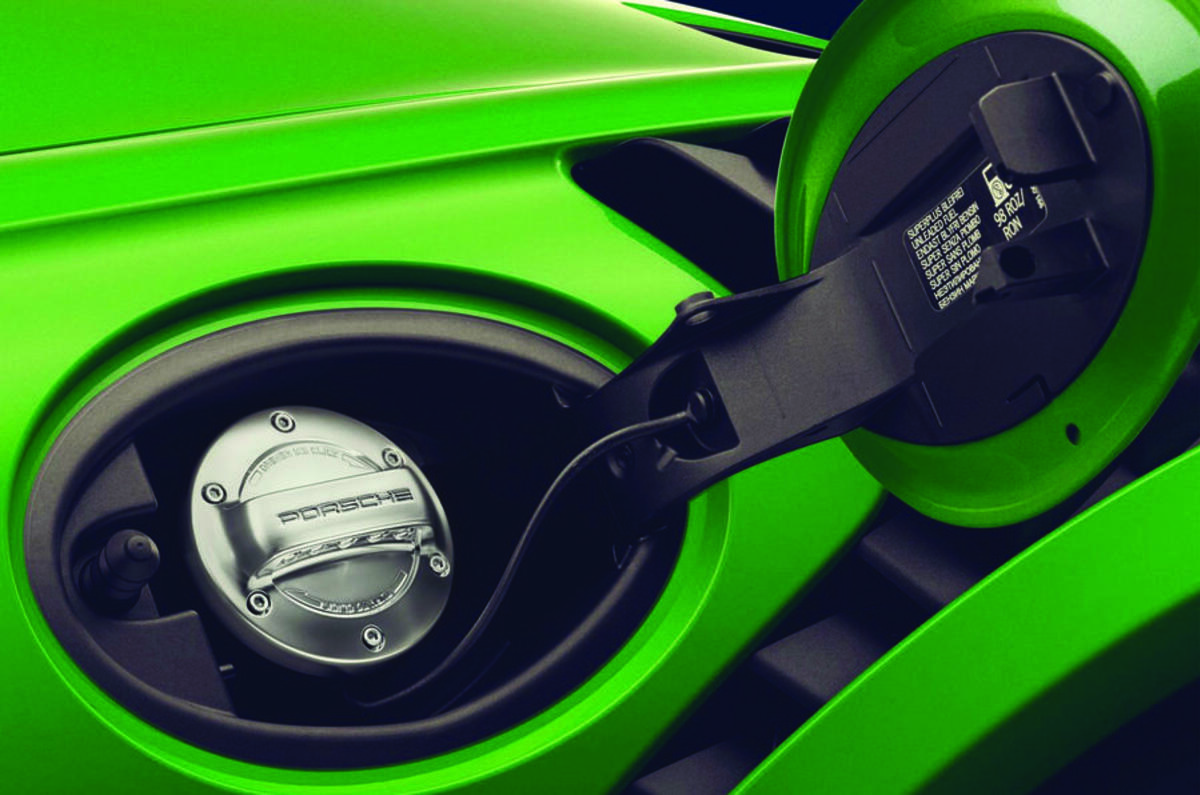Has the decision to abandon combustion engines come too early? After all, synthetic fuel chemistry has been understood for almost as long as cars have been around and it has the potential to be a viable alternative to what we know and are familiar with today.
Electrification of cars ticks the 'solve global warming' box but raises the question of whether the early decision to abandon combustion engines has missed a trick.
The world’s biggest oil producers potentially stand to lose the most because alternatives might rule them out. While they may have a grip on the expertise and resources to drill for and produce petroleum products, the same isn’t true for other energy sources.
Yet they are well placed to invest more in ‘drop-in’ carbon-neutral synthetic fuels, which can be dispensed using existing filling station forecourts without the need to create an entirely new infrastructure.
Experts have been saying for years that the fastest way to reduce CO2 from transport is to switch to a sustainable, carbon-neutral, synthetic liquid fuel that existing vehicles can run on. ‘Drop-in’ means that, unlike petrol heavily dosed with ethanol, there can be little, if any, downside. If the world’s vehicles could fill up with fuel synthesised from organic materials tomorrow, atmospheric CO2 derived from transport fuel would all but vanish overnight.
Which manufacturers are using synthetic fuels?
The Volkswagen Group is one of the manufacturers that have been pursuing the development of synthetic fuels for a couple of decades. Porsche, which is part of the VW Group, is among the latest to stick its head above the parapet with a racing project and now Mazda, which in 2021 became the first car manufacturer to join the eFuel Alliance, is taking an interest.
Like Porsche, it has taken to the race track to help develop and promote the use of synthetic fuel. In Mazda’s case, a 1.5-litre Skyactiv-D diesel engine, rather than a petrol engine, has been powering a race-prepared 2.
The Mazda runs on Susteo, a synthetic fuel supplied by partner Euglena, and the raw materials needed to make it are used cooking oil (90%), with oil and fat extracted from the microalgae, called euglena, making up the balance. The use of vegetable oil doesn’t mean vehicles run around smelling like a fish and chip shop. It’s just a source of sustainable, waste bio-material that can be converted into synthetic petrol or diesel.
It’s CO2-neutral because the plants used to produce it gorged on CO2 from the atmosphere while growing. However, the aim is to move entirely towards algae as the source. It can be grown on land unsuitable for agriculture and doesn’t compete with food production.
Can synthetic fuel replace fossil fuel on a global scale?
A lot would be needed to replace the world’s consumption of petroleum oils. Road transport consumes around 1.3 billion gallons of petrol and diesel per day globally but, that said, the figure for vegetable oil is around 140bn gallons. Put that way, the idea of producing enough guilt-free liquid fuel from algae to power existing combustion engines doesn’t seem like such a stretch.




Join the debate
Add your comment
What total nonsence. Aside from the fact that internal combustion engines produce toxic exhaust fumes no matter what fuel they burn, there is also the question of efficiency. Internal combustion engines, like all fossil fuel technology, waste most of their energy as heat and friction. In daily real-world use, petrol engines are often only 20% efficient. That means 80% of the fuel you pour into your petrol car is wasted. This is just bad engineering. An electric car will drive 4-5 times further on the same energy. The problem is combustion technology itself, not the fuel. Electrification is the answer.
If it can save the internal combustion engine, I am fine with it.
❤️Hi) My name is Paula and I'm 23 years old) I'm an aspiring sex model) Please rate my photos at ➤ Ja.cat/id373088